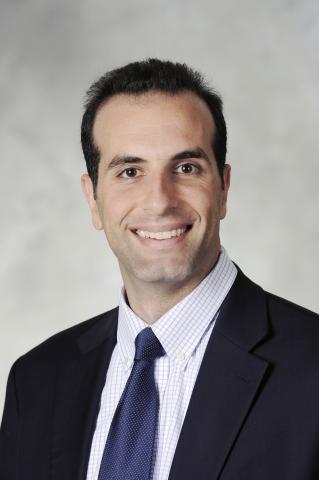ECE Assistant Professor Morris B. Cohen has received a National Science Foundation CAREER Award for his project entitled “Exploiting the LF/MF Radio Band for Ionospheric Remote Sensing.”
Morris B. Cohen has received a National Science Foundation CAREER Award for his project entitled “Exploiting the LF/MF Radio Band for Ionospheric Remote Sensing.” Cohen is an assistant professor in the Georgia Tech School of Electrical and Computer Engineering (ECE).
In this project, Cohen and his team will study the border between the Earth’s atmosphere and the surrounding space environment, which is a layer called the “D-region ionosphere”, 70-100 km altitude. This region is traditionally difficult to study, since it’s too high to reach with balloons, and too low for satellites to orbit. On the other hand, it has significant impacts on satellite-to-ground and long range ground-to-ground communications, and navigation systems such as GPS and others. So while the ionosphere is disturbed by a huge number of phenomena such as lightning, solar and space weather, and earthquakes, scientists have a poor ability to predict or even track what’s happening.
Certain radio waves are known to reflect off the D-region, since the D-region consists of an electrically charged plasma similar to what is in fluorescent light bulbs or plasma TVs. This capability allows scientists to diagnose what is happening, because as the D-region changes, so too does the reflection of these radio waves, a little bit like radar. Unfortunately, these techniques are generally difficult to use in practice for a number of reasons. In Cohen’s NSF program, he and his team will explore a radio band around 300 kHz which has not previously been used to sense the ionosphere, but may, due to some specific properties at this frequency, allow more direct and simpler observations over a large region.
Cohen and his team will also prepare a full set of observations for the upcoming “Great American Solar Eclipse”, taking place on August 21, 2017, which is known to have a very remarkable impact on the ionosphere. Not only will the eclipse be a great test case for the new analysis technique that he and his team are developing, but it is also the focus of his group's educational outreach efforts. Cohen and his team will make many observations with instruments hosted at high schools and educational centers, and engage with these students to drive up enthusiasm in STEM careers.
